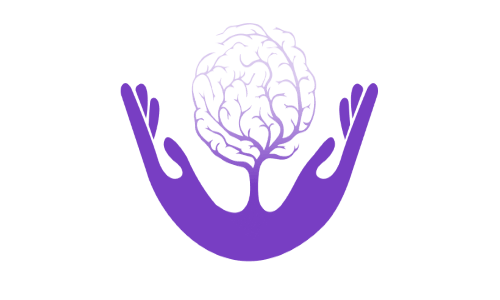
Summary of HIPAA Privacy Rule
Open to access this content

Open to access this content

Open to access this content

Open to access this content

Open to access this content

Open to access this content